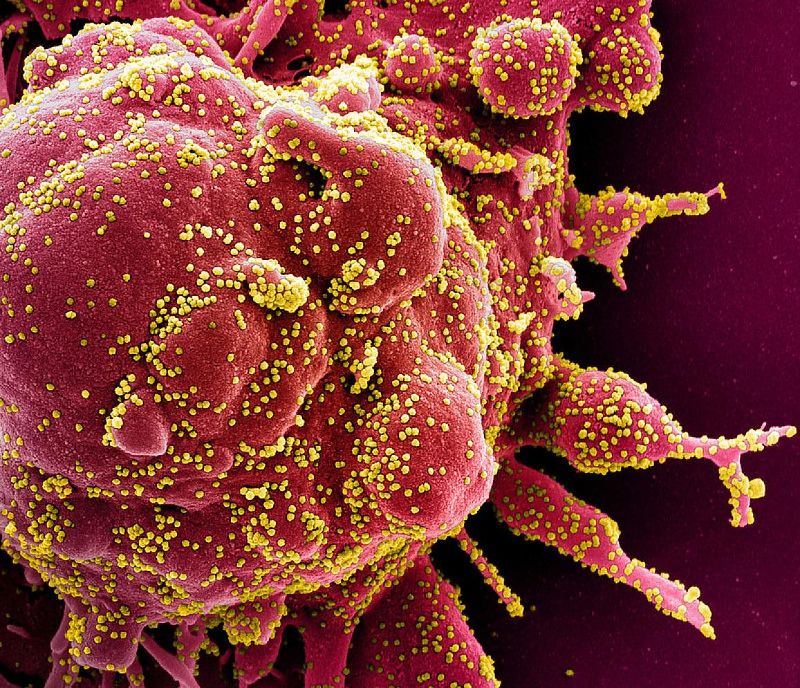
Preliminary data from a clinical trial led by the National Institutes of Health’s National Institute of Allergy and Infectious Diseases (NIAID) showed that Gilead Sciences’ remdesivir exhibited faster recovery in Covid-19 patients.
The ACTT trial, involving 1063 hospitalised patients with advanced Covid-19 and lung involvement, compared the experimental antiviral drug to placebo.

Discover B2B Marketing That Performs
Combine business intelligence and editorial excellence to reach engaged professionals across 36 leading media platforms.
An interim analysis by the independent data and safety monitoring board (DSMB) found that remdesivir performed better on the primary endpoint of ‘time to recovery’ when compared to placebo.
Results showed a 31% faster time to recovery in patients treated with Gilead’s drug versus placebo. The median time to recovery was 11 days versus 15 days, respectively.
NIH also noted a survival benefit, where remdesivir group had 8% mortality rate compared to 11.6% with placebo.
Commenting on the trial data, NIH said: “More detailed information about the trial results, including more comprehensive data, will be available in a forthcoming report.

US Tariffs are shifting - will you react or anticipate?
Don’t let policy changes catch you off guard. Stay proactive with real-time data and expert analysis.
By GlobalData“As part of the US Food and Drug Administration’s commitment to expediting the development and availability of potential Covid-19 treatments, the agency has been engaged in sustained and ongoing discussions with Gilead Sciences regarding making remdesivir available to patients as quickly as possible, as appropriate.”
Furthermore, Gilead has reported top-line data from the open-label, Phase III SIMPLE trial of remdesivir.
The trial assessed five-day and ten-day dosing durations of the drug in hospitalised patients suffering from severe Covid-19 manifestations.
According to the top-line results, patients on a ten-day treatment course experienced an improvement in a clinical status similar to those on a five-day dosing course.
The investigators did not report any new safety signals in either treatment group. The drug was generally well-tolerated in both the treatment arms.
The most common adverse events in more than 10% of participants in either group were nausea and acute respiratory failure.
Results from the second SIMPLE trial in patients with moderate Covid-19 manifestations are expected to be available by the end of next month.




